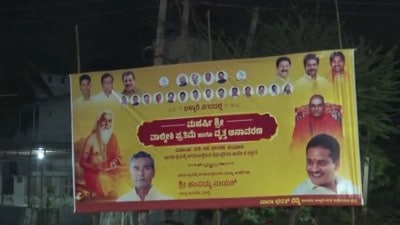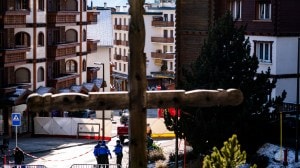Hope floats
Another intervention in Gujarat to reinvestigate riots, but can the state redeem itself?

Can justice be done in and by Gujarat? Six years after the state was torn apart by communal riots under the Modi government, the accused are still unpunished, and the survivors lead their ruined lives as the state openly abandoned its constitutional duty by them. Earlier, the Supreme Court had transferred the critical Best Bakery and Bilkis Bano cases out of Gujarat, after the patent lack of progress and subversion of justice within the state. And now, respecting the National Human Rights Commission8217;s plea, a special investigation team combining IPS officers from Gujarat and outside will take over 14 of the most pressing cases of violence in sites like the Gulbarg Society where former Congress MP Ehsan Jaffrey was killed, Naroda Patiya and Sadarpur.
Gujarat8217;s lower judiciary, police and administrators have so far showed themselves unequal to the task of settling these cases. As history shows us, the most unthinkable acts are carried out as routine tasks by those who participate in destructive systems, without being individually sociopathic. In case after case, evidence was tampered with, trails destroyed, and witnesses made hostile. The Modi government chose to take the issue as an affront to Gujarati honour to have external judgment passed on it. And by transferring these cases out, the Supreme Court made a scathing statement on the rule of law under the Modi government in Gujarat, but one that simply gave up on the state and its institutions instead of holding it accountable for the systematic communal violence and its aftermath.
The composition of the special investigation team indicates a softer approach, including three IPS officers from the state and two retired officers, including a former CBI director. The credentials of the team are reassuring 8212; one of the Gujarat officers, Geeta Johri, was responsible for the revelations about the Sohrabuddin fake encounter case; and if they can conduct their inquiry without being swayed or pressured by a hostile ground situation in Gujarat, the state8217;s institutions have a chance to finally do their duty. If the administration and police can weed out the criminal collusions within themselves, then extraordinary interventions by the Supreme Court will not be the only recourse for Gujarat8217;s victims.
- 01
- 02
- 03
- 04
- 05































